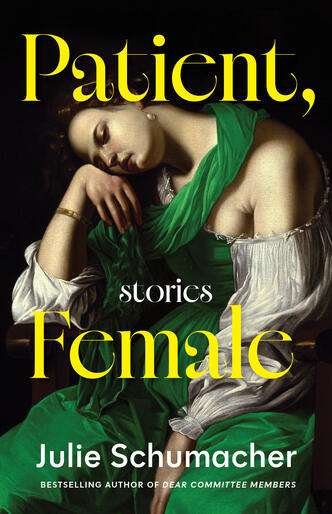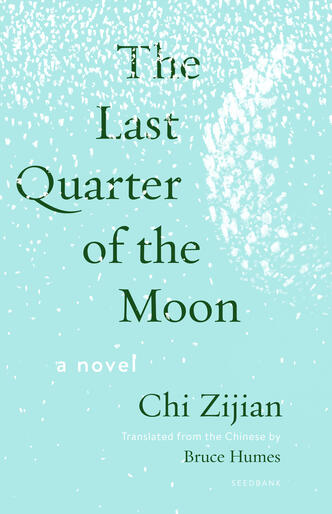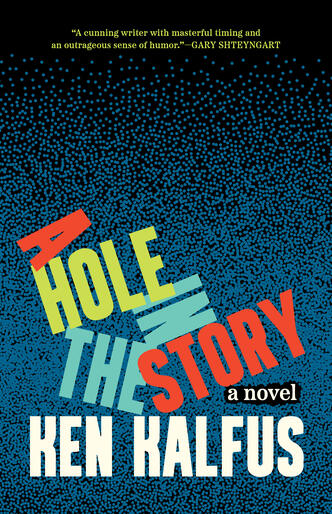
The Farther Shore
In his unforgettable debut novel, Matthew Eck puts readers inside the mind of a confused young soldier caught in the fog of unexpected warfare.
When a small unit of soldiers is separated from their command and left to fend for themselves in a hostile city, their only option is to keep moving. As they wander, encountering a series of surreal episodes and haunting characters along the way, the line between friend and enemy is blurred beyond recognition, and with it the sanity of those who survive.
Acclaimed as the first great war novel of its age—one that “vivifies the danger: making us feel the heat of the explosions, see the billowing black smoke or hear the sound of an antiaircraft gun” (New York Times)—The Farther Shore is at once ghostly and lyrical, terrifying and tender, gritty and profoundly illuminating.





